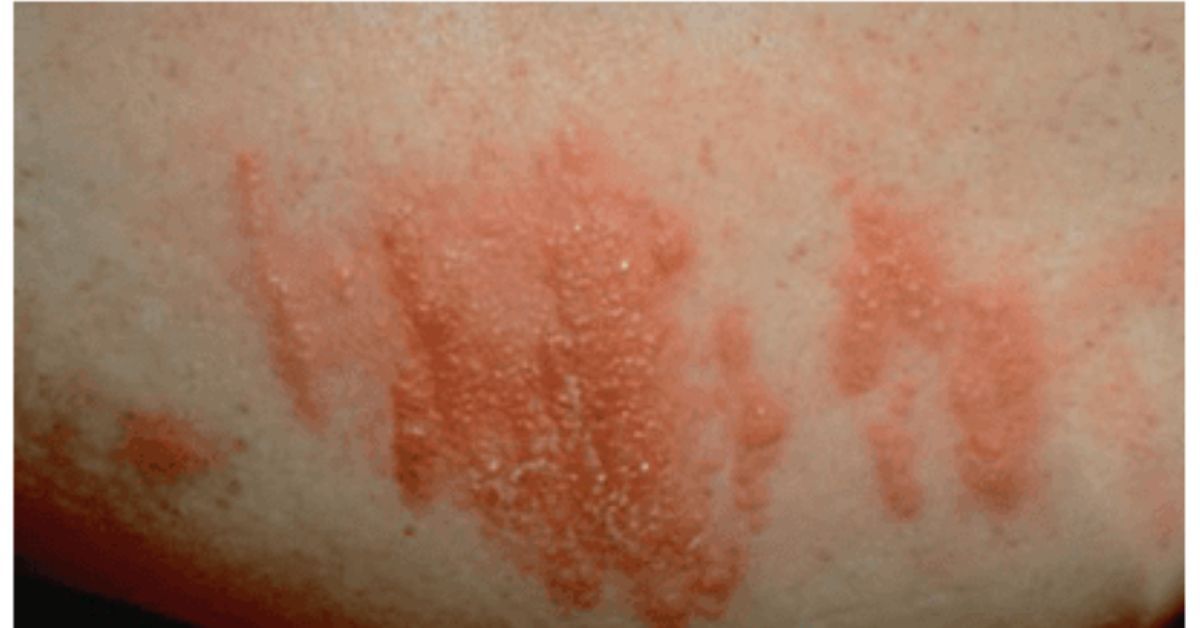If you're like most people, you probably enjoy spending time outdoors in the summertime. However, if you're not careful, you could end up with a nasty case of poison ivy. In this blog post, we will discuss steps you can take that will help you stay safe when hiking or camping in the woods. We'll also tell you what to do if you accidentally stumble into a patch of poison ivy!
What is poison ivy and how do you get it
Poison ivy is a plant that contains an oil called urushiol. This oil can cause a severe reaction in some people, resulting in itching, swelling, and redness. The reaction is the result of an allergic reaction and is not contagious.
Poison ivy typically grows as a vine or shrub and can be found throughout North America. It is commonly found in wooded areas, but can also grow in open fields and along roadsides.
It is important to know how to identify poison ivy, as well as the symptoms of an allergic reaction, in order to avoid coming into contact with it.
Poison ivy typically has three leaves, and the center leaf is slightly larger than the two side leaves. The edges of the leaves are serrated, and the plant can grow to be up to two feet tall. The stems of the plant are green or red, and they may have small yellow or white flowers.
The symptoms of poison ivy
If you come into contact with poison ivy, you may experience a burning or itching sensation on your skin. You may also develop a rash which can be either red or blistered. In severe cases, you may experience difficulty breathing or swallowing.
If you think you may have come into contact with poison ivy, it is important to wash the area with soap and water as soon as possible. You should also avoid touching your face or eyes, as this can cause further irritation.
You can also remove the oil by using a commercial Ivy-remover or rubbing alcohol. If you are exposed to poison ivy, it is important to seek medical attention immediately.
If you experience any severe symptoms, it is important to seek medical attention immediately.

How to avoid getting poisoned by poison ivy
While poison ivy can be found in many parts of the United States, it is especially common in wooded areas. If you are planning on spending time in such an area, it is important to be aware of how to avoid coming into contact with this plant.
If you come into contact with any part of the plant, you may develop a rash. In severe cases, this can lead to blistering and swelling.
To avoid getting poisoned by poison ivy, it is best to stay on well-worn trails and wear long sleeves and pants. If you must go off-trail, carry an ax with you to clear a path. And if you do come into contact with the plant, wash the affected area immediately with soap and water.
By following these simple tips, you can enjoy your time in nature without having to worry about getting poison ivy.
What to do if you come into contact with poison ivy
If you're planning on spending time in the great outdoors, it's important to be aware of the dangers that can lurk in nature. One of the most common is poison ivy, a plant that can cause an itchy, blistering rash. If you come into contact with poison ivy, there are a few things you can do to ease your symptoms and prevent the rash from spreading.
First, wash the affected area with soap and water as soon as possible. This will help to remove the oil that causes the reaction.
Next, apply a topical anti-itch cream or calamine lotion to help soothe the itchiness. You can also take an over-the-counter antihistamine to help reduce swelling and itchiness. If the rash is particularly severe, you may need to see a doctor for a prescription-strength medication.
Finally, keep the affected area clean and dry. Avoid scratching the rash, as this will only make it worse.
Apply cool compresses to help relieve pain and swelling. With proper treatment, most cases of poison ivy will clear up within a week or two.
However, if you develop a fever or start to feel ill, be sure to see a doctor right away.
If your symptoms are severe, you may need to seek medical attention. By following these simple steps, you can quickly get relief from poison ivy.








